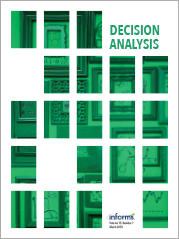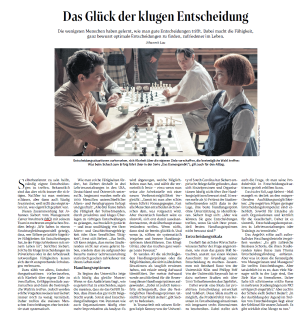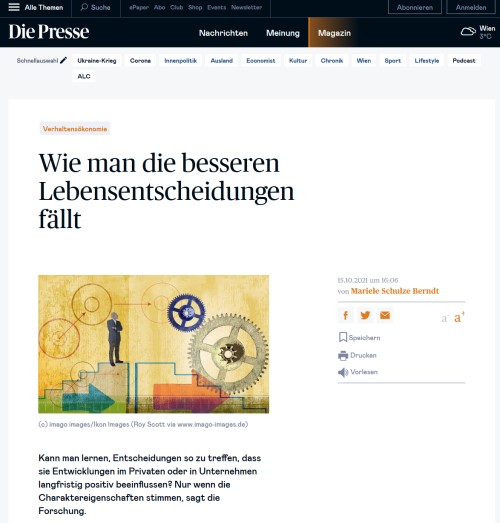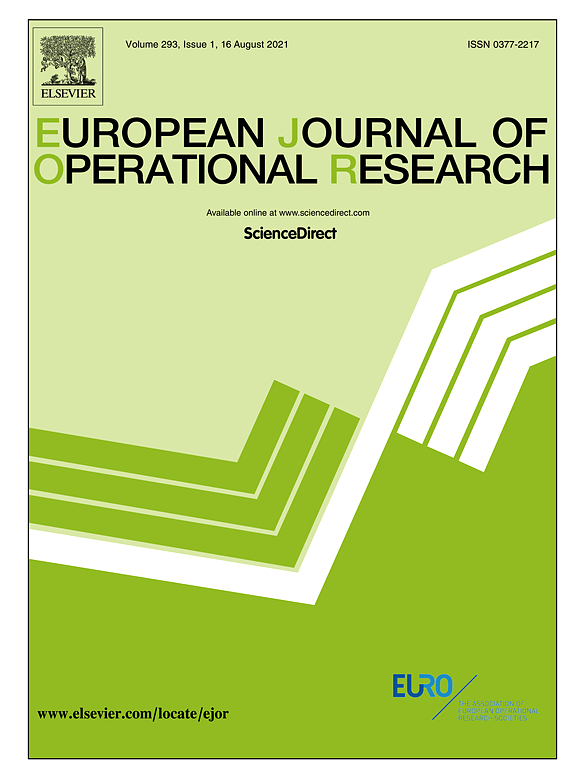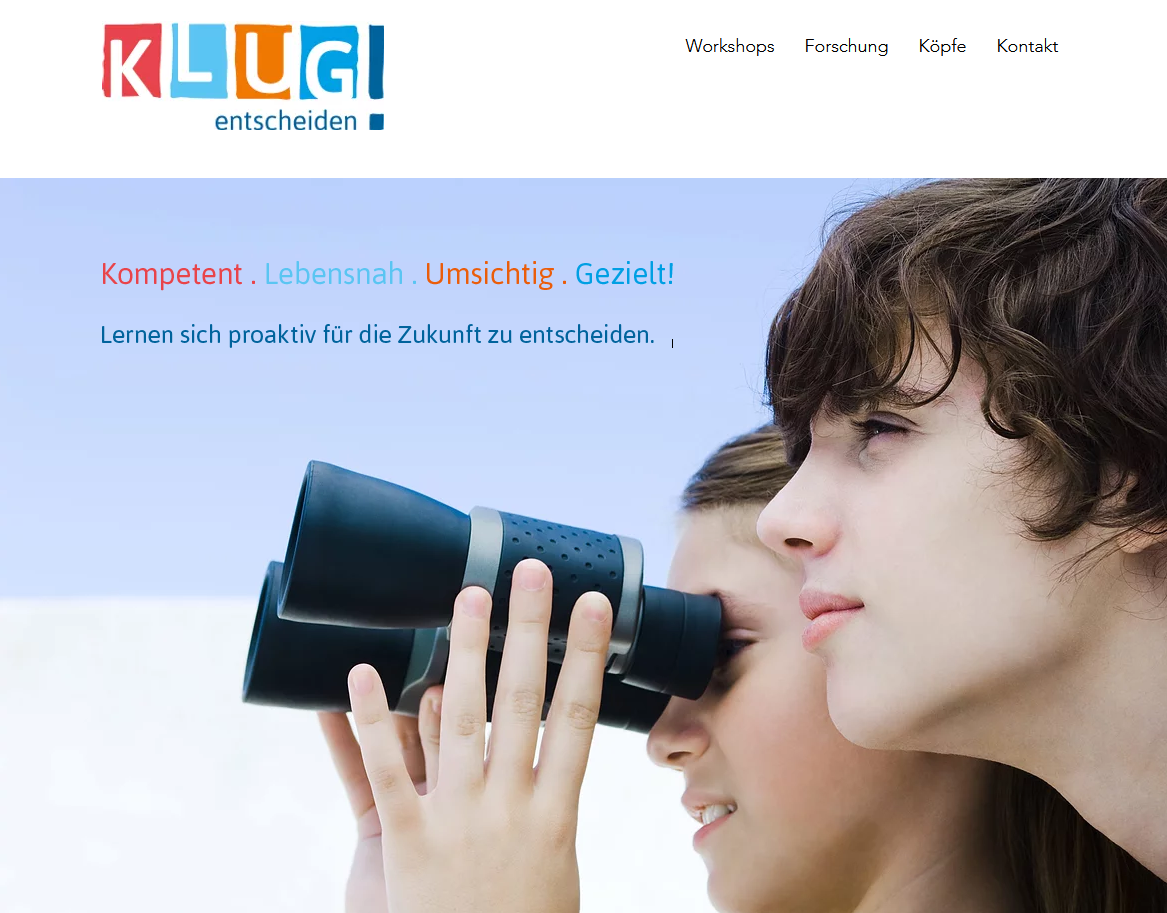Pharmaceutical companies have frequent portfolio reviews to monitor development progress and prioritize development assets. The earliest assets are drug candidates whose efficacy is unknown and whose effects on the human body have yet to be fully investigated. These assets are characterized by a high degree of uncertainty in reaching the market and in being used in clinical practice. In addition, not all potential applications are foreseen and can often be very different. In the absence of satisfactory methods for making decisions on resource allocation among early development assets, decision makers focus almost exclusively on assessments of an asset’s probability of technical success.
This study proposes a more holistic methodology to support early-stage pharmaceutical development decisions using value-focused thinking and multicriteria decision making. The methodology operates within the decision quality framework and provides a consistent evaluation of various early development assets across a diverse set of disease areas. This combination of concepts and methodologies has been implemented and proven valuable at Bayer Pharmaceuticals, which needed a new, more robust decisionmaking process for early development. Thus, this study discusses how to enable concrete trade-offs at the level of corporate objectives to align, communicate, and translate corporate strategy into portfolio strategy.
In addition, this study presents learnings for decision analysts and decision makers in the pharmaceutical industry on how to develop a set of fundamental objectives, how to create scales to operationalize these objectives, and how to take steps to debias an organizational decision-making process.
Methling, Florian; Borden, Steffen A., Veeraraghavan, Deepak; Sommer; Insa, Siebert, Johannes Ulrich; von Nitzsch, Rüdiger; Seidler, Mark „Supporting Innovation in Early-Stage Pharmaceutical Development Decisions “, in Special Issue on Health Decision Analysis: Evolution, Trends, and Emerging Topics by Elisa F. Long, Gilberto Montibeller, Jun Zhuang, Decision Analysis (INFORMS), https://doi.org/10.1287/deca.2022.0452
